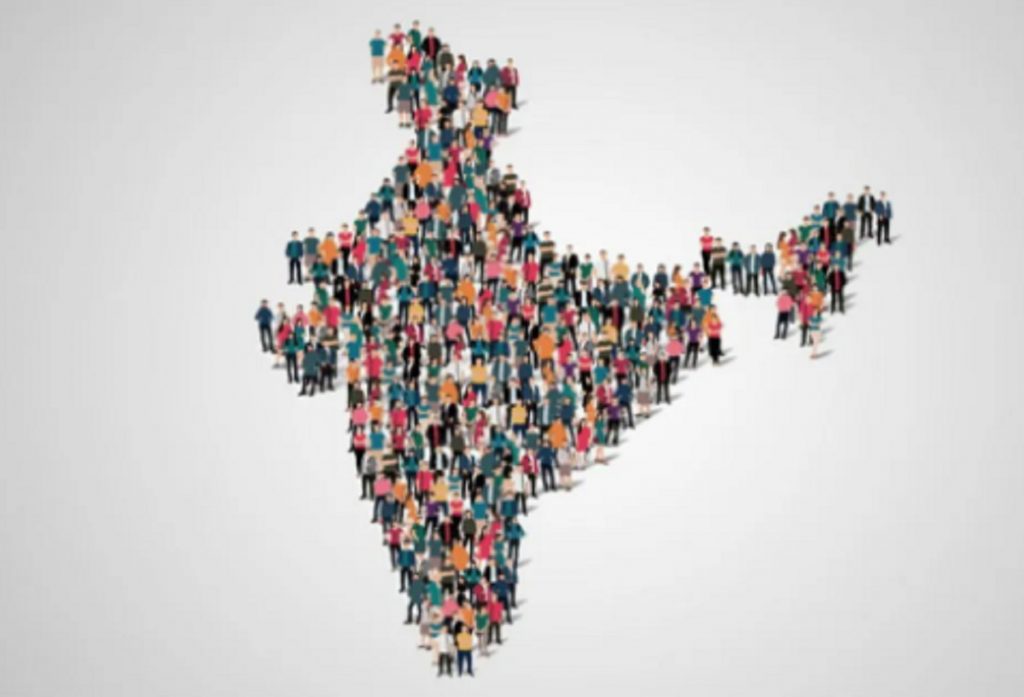Census of India, conducted every 10 years, gives a fair account of the country’s population matrix & growth rate but the clamour for caste-based census has sparked off fresh political controversy.
The Caste census has put BJP and its ally Janata Dal (United) in uncomfortable position as both hold disparate views on the issue and neither side is relenting. Nitish Kumar-led JD(U) has upped the ante on caste census and has given alarming signals to its ruling ally.
Centre is not in favour of caste based census and has made its reservations clear. Moreover, the whole idea of surveying such a demography looks unnecessary & unworkable ide. First such caste based census was held in 1931 during British rule, however, in the 2011 census, socio-economic parameters were invoked following demands of regional parties. The 2011 socio-economic caste census revealed a staggering 46 lakh caste & sub-castes.
The major concern behind caste-based census is fear of people illicitly claiming the title for claiming handouts. Caste has become a charged-up concept today and any wrong entry could have repercussions for others. Earlier, people used to exaggerate caste affiliations for greater social status but now there are high chances of downgrading it to lower level for claiming government benefits.
Flawed date can also set off political churning. And, this probably why the state governments have joined ranks for caste-based survey/census. State govts in Chhattisgarh, Maharashtra & Odisha are pushing ahead with such surveys. In the post-Independence India, Kerala is the only state to have undertaken caste census in 1968 and the findings were published in Gazette of Kerala.
The proposal of electronic or e-census by Home Minister Amit Shah is however a welcome one. The e-census would be more scientific, more accurate and bereft of any shortcomings. During his visit to Assam, the Home Minister informed that a mobile application is in the works and the same will be applied in next census.
As & when the new Census is introduced, about 50% of the country’s population will be able to feed their data on App downloaded on their phones. And, this will have data & history of all citizens from birth to death. At time of birth, their name will be added in Census, when they turn 18, their name will enter the electoral roll and after death, their name will be deleted from the list.
Such method of Census is practical & more rational. On the other hand, caste census will not just become a political hot potato but will also burden the administration with unnecessary & unverifiable facts. Most of the population won’t have documents to prove their caste affiliation because what they have been following is a custom & tradition through the ages and not most don’t have a paper to document their caste claims.

